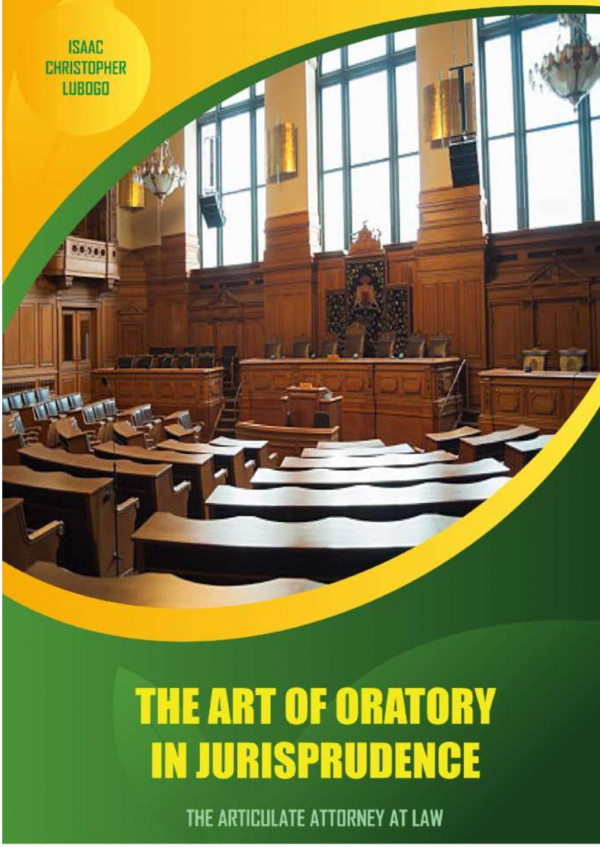

Most ebook files are in PDF format, so you can easily read them using various software such as Foxit Reader or directly on the Google Chrome browser.
Some ebook files are released by publishers in other formats such as .awz, .mobi, .epub, .fb2, etc. You may need to install specific software to read these formats on mobile/PC, such as Calibre.
Please read the tutorial at this link: https://ebookbell.com/faq
We offer FREE conversion to the popular formats you request; however, this may take some time. Therefore, right after payment, please email us, and we will try to provide the service as quickly as possible.
For some exceptional file formats or broken links (if any), please refrain from opening any disputes. Instead, email us first, and we will try to assist within a maximum of 6 hours.
EbookBell Team

4.0
86 reviewsLawyers often speak before adjudicators, city councils, and planning commissions, and give talks to civic groups, business executives, or company employees. They even give media interviews on behalf of clients. For certain individuals, it falls into place without any issues. It’s a piece of their characters. In any case, for the individuals who aren’t sure or have stage dread, they can generally work on their speaking and oratory skills. It's progressively essential to be a viable open speaker if you mean to be a litigator. Judges and juries will anticipate it. Individuals believe that since you’re a legal counsellor, you’re This Book examines representations of courtroom oratory, delivery, and the speaker’s body in medieval rhetorical theory and current practice. It contests the view that medieval theorists paid little attention to judicial oratory and that they largely ignored delivery. After looking at rhetorical treatises, procedural manuals, guides to legal deportment, satiric portraits of the lawyerasrobedvulture (etc.), the Book turns to the work of four rhetorical theorists who rewrite (and upend) ancient rhetorical theory: Alcuin of York, Boncompagno da Signa, Guilhem Molinier, and Jean de Jandun. Each offers an animated account of embodied legal expression, a richly detailed evocation of the medieval courtroom, and a distinctive theory of the pleader’s body.
consequently a dauntless and splendid open speaker. We legal advisors all realize this
isn’t in every case valid.
In their work, law appears not as a set of rules or the sovereign’s fiat but as visceral, intimate bodily experience. Here, the body may appear as a divine instrument. Or, alternatively, it may appear as a material thing with a life of its own: indecorous, prone to accident, hopelessly leaky, sublimely obscene.